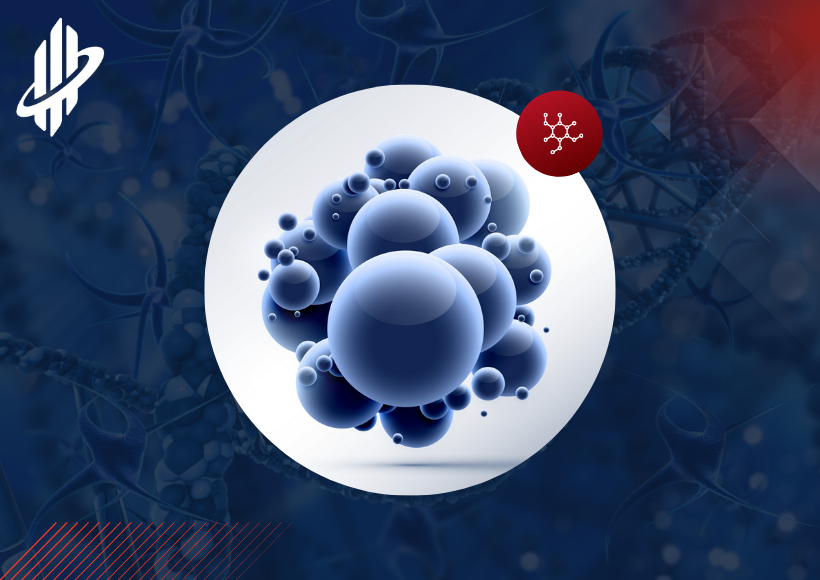What Is Nanotechnology?
Nanotechnology is the science and engineering of designing and using materials at the nanometer scale – a billionth of a meter.
For comparison: a human hair is about 80,000 nanometers thick, while a virus measures just a few dozen nanometers.
Working at this unimaginably small scale allows us to unlock entirely new properties of materials and create applications once considered science fiction.
Why Nanotechnology Matters
Materials at the nano level behave differently from their bulk counterparts:
- greater mechanical strength,
- better electrical and thermal conductivity,
- self-organization abilities,
enhanced chemical reactivity for medical precision.
Key Benefits and Applications
- Medicine & Pharma
- Nanoparticles as drug carriers enable targeted therapies.
- Nano-dressings speed up healing and prevent infections.
- Nano-sensors allow faster disease detection.
- Energy & Environment
- Nanomaterials improve the efficiency of solar panels.
- Enable lighter, more durable batteries.
- Nano-filters remove bacteria and pollutants from water and air.
- Electronics & Industry
- Creation of smaller, faster, more efficient chips.
- Nano-coatings resistant to scratches, dirt, and corrosion.
- Lighter, stronger materials for aviation and automotive.
- Agriculture & Food
- Nano-fertilizers and sensors support precision farming.
- Nano-coatings extend food freshness and protect against bacteria.
Challenges Ahead
Despite its promise, nanotechnology raises challenges:
- Need for safety regulations,
- Unknown long-term health impacts,
High research and implementation costs.
Conclusion
Nanotechnology is one of the fastest-growing fields of modern science. Its applications span medicine, energy, electronics, agriculture, and environmental protection.
By working at the nano scale, we can create solutions that make the world healthier, safer, and more sustainable. Nanotech is not the future – it’s happening now.
